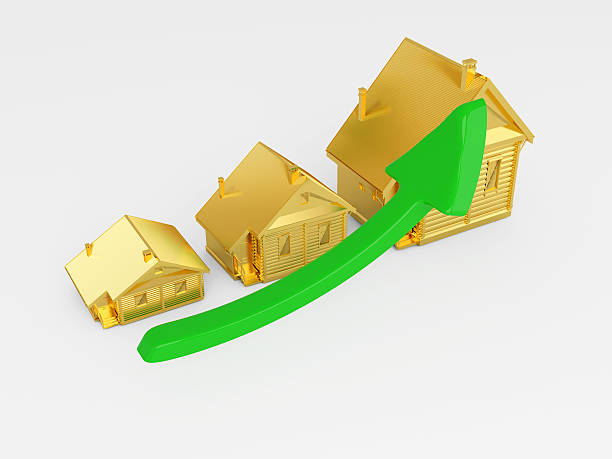A re-mortgage, does not normally involve moving house or even taking a home equity loan on the house you currently reside in. A re-mortgage is when you have a mortgage out on a property and you decide to switch to a different product. This often involves changing the lender whom you currently hold your mortgage with. This may be because you would like to borrow more money, or it may be because you have found that you are able to get a better deal on your mortgage with another lender.
Why?
Well, of course, the main reason myou may want to re-mortgage your property is to save money! Most mortgages feature a good fixed rate for the first two to five years that you have it (most likely the same attractive offer that enticed you in the first place). However, once you come to the end of this offer period, you’ll go on to the bank’s Standard Variable Rate (SVR). This is not only often a higher rate than you were previously paying, you’ll have to put up with the fluctuations of the variable rate that will make budgeting your life harder! Furthermore, you’ll likely be missing out on the many much more attractive fixed rate offers that are out there and you could be saving some valuable pounds!
So, if your current fixed rate plan is about to end, you’d be wise to start looking at least 3 months before your current mortgage deal comes to an end!
What’s the deal?
As mentioned above, you may just want a better rate than you are currently getting! Of course there will likely be an exit fee from your current plan, if you’re not near the end of it already and you may have to pay an early repayment charge. This can often be in the realm of 2 – 5%. But, even with these additional charges, it’s still worth a look! If you can find a significantly better deal you could be in the running to save literally thousands over the length of the mortgage! Your mortgage is likely your biggest outgoing, so it makes sense to look for the best deals and biggest savings you can find!
Appreciation!
Has the value of your house gone up? Has it gone up a lot? If so, you may find yourself in a better loan to value band, and thus you could be open to much lower rates on your mortgage!
The way this works is that, as pay of your mortgage you are gaining more equity in the house. So, if the house increases a lot in value, your share could then be worth a lot more money. For example, if you have paid £150,000 off the mortgage of a £300,000 house, you now hold a 50% equity in the house. Thus, if the house increases to £450,000 then your half is now worth £225,000, rather than the £150,000 you paid for it! You’ve just made £75,000!
So, how does this affect your loan to value rate? Well, you still owe the bank £150,000, but the house is now worth £450,000, bringing your loan to value rate down to 33%, this is of course a pleasant improvement on the 84% you started out with!
If, after reading this you’re considering a re-mortgage yourself, Propillo have an extensive re-mortgage guide, including reasons on when it may not be a good time for you to re-mortgage. You could stand to save thousands with a re-mortgage, but it pays to be vigilant! Make sure you’re clued up and know what’s best for your personal situation before diving into anything!
Overseas Mortgages
Homesgofast.com can help you with free overseas mortgage advice




